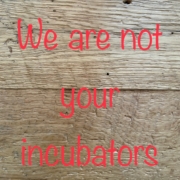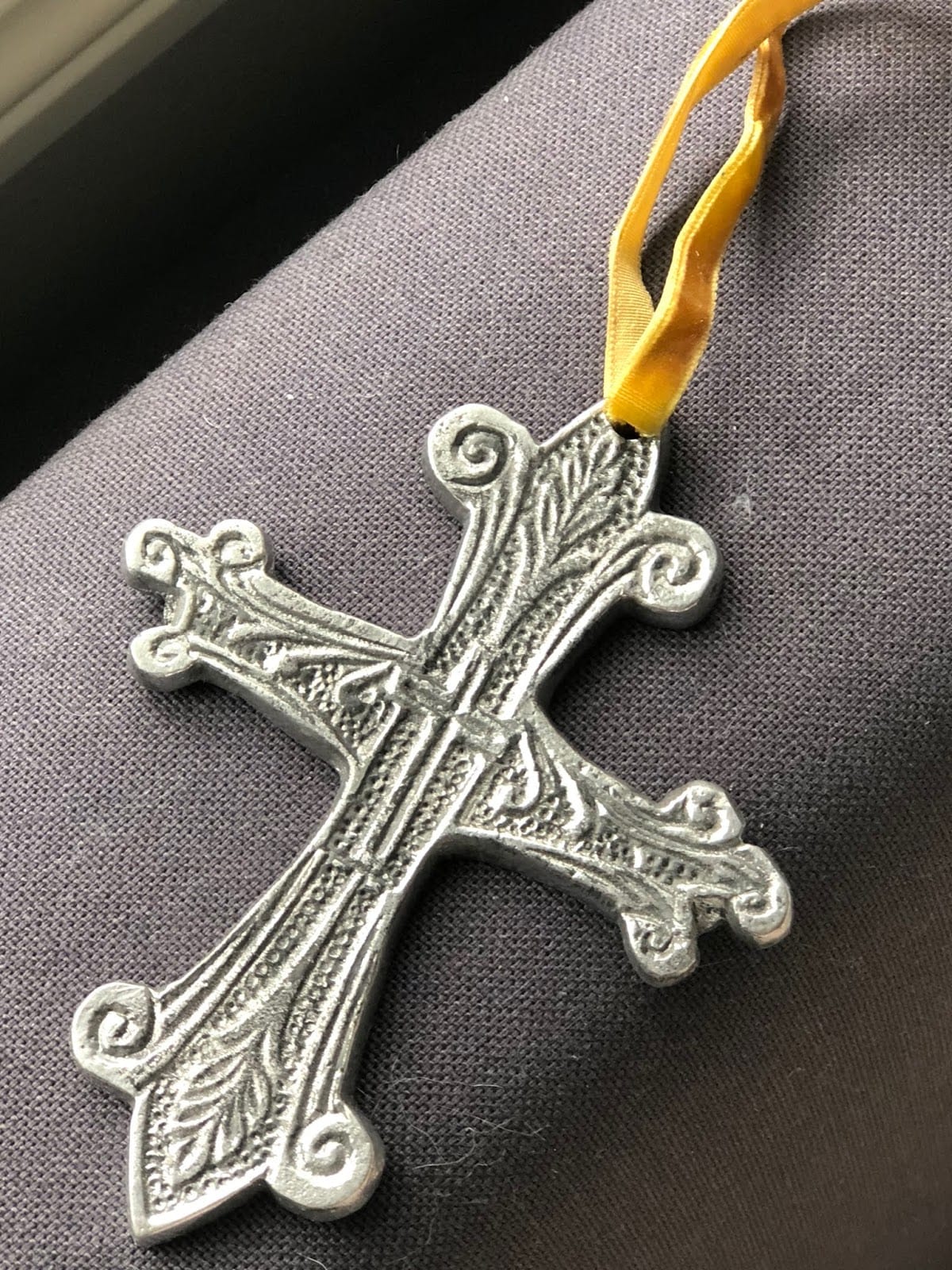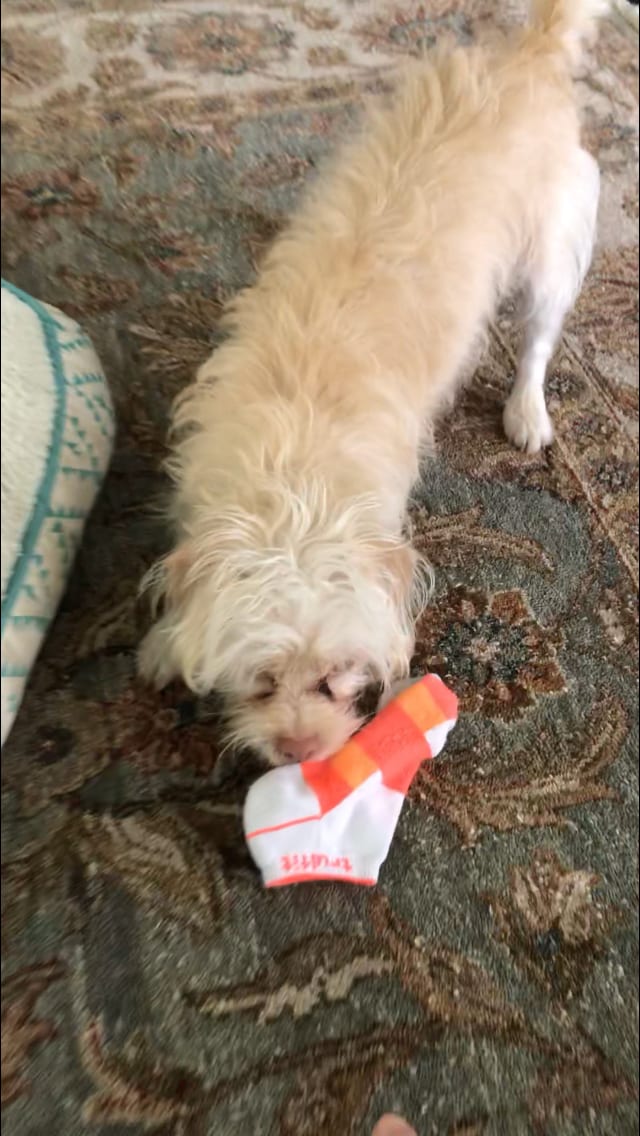
It is a bleak day, to be sure. The day that came at the end of a week where the Supreme Court of the United States, led by conservative justices, showed the citizens of this country how little they care for our health and safety and well-being. A week that saw dialysis patients being given over to the capitalist machinations of private insurers, states being told they cannot prevent citizens from carrying weapons basically wherever they want to, and the overturning of Roe v. Wade in a way that virtually confirms that our rights to privacy around contraception and sexuality will tumble to dust sooner rather than later.
It’s a bleak day. And I admit to laying on my couch staring at the ceiling for a full 40 minutes after posting posting posting to social media about the fuckery and nonsense that this is. My mind was numb because even though we all saw this coming, even though we wrote about it and marched and screamed and VOTED for folks like we were told to, it came anyway, and we were powerless to stop it. The Democrats have had multiple opportunities to make laws that would keep abortion safe and legal in this country and they’ve chosen not to prioritize it. They have had ample opportunity to enact gun laws that would actually protect the citizens of this country and they haven’t done it. It is enraging.
And, at some point, I was reminded that most of the crises I’ve found myself in throughout my life weren’t solved by coloring inside the lines. Laws are made up. Borders, too. You can try to legislate nature, but nature doesn’t really play that way. And, like it or not, human beings are part of nature. Abortion has been around as a practice since women needed it to be, which is basically forever. People have been having sex with each other forever, whether it resulted in babies or not. We might think we humans have cornered the market on imposing our will on things, but the fact is, we’ve been fooling ourselves.
I’m a little embarrassed that I fell into the trap of thinking that a group of people appointed by old, white men – many of whom are old white men themselves, and two of whom have been credibly accused of sexual assault against women – could actually make a decision that would prevent me from making some of the most important, fundamental decisions of my own. I do NOT have to live by these laws, and I’m not even talking about breaking them. I’m talking about a failure of imagination. If we accept the binary (as is our wont) that abortion is either legal or it isn’t in this country and that’s it (cue the brushing of the hands), we have failed to understand that the binary is artificial and was created by us. And if we created it, we can destroy it. Indeed, it is already crumbling.
These institutions we see falling apart day after day right in front of our eyes are the key to reminding us that we are trying to find solutions inside a box that we placed ourselves in and it is entirely possible to climb outside of that box and seek other ideas. Herbalists, healers, medicine women, curanderias – they have been the source of wisdom for generations and existed long before men like Samuel Alito and Clarence Thomas showed up in their robes. Yes, there are ways to fight within the system, but there are also ways to take care of each other and ourselves that exist entirely outside of the systems we know are broken. Long before these laws were written, women took care of each other. We can imagine a new way that doesn’t put us at the mercy of these institutions that were never designed to benefit us. We need not always be on the defensive, begging for crumbs from the likes of Joe Manchin. We can craft new ways of being that prioritize our well being.
I am not saying that I know what those things are. I wish I did, but I do know that it is possible to imagine a world outside of the constraints we have placed on ourselves, and I also know that it is impossible to impose the laws of humans on nature. Lord knows, we’ve tried over and over again, but it will always be surface and unsustainable. What is sustainable is the human will to thrive and to be in loving community. Starting from there is where we’ll find our solutions.
All of that said, if you want something to do that feels tangible right now, go to www.abortionfunds.org and donate, support Planned Parenthood, visit nnaf.org/InvestInAbortionFunds, and call your local, state, and federal representatives to let them know you want abortion to stay safe and legal. But know that we cannot be forced to love certain people, ignore our bodies’ needs, and put ourselves in harm’s way by any man’s law. We will find ways to thrive. Together.





